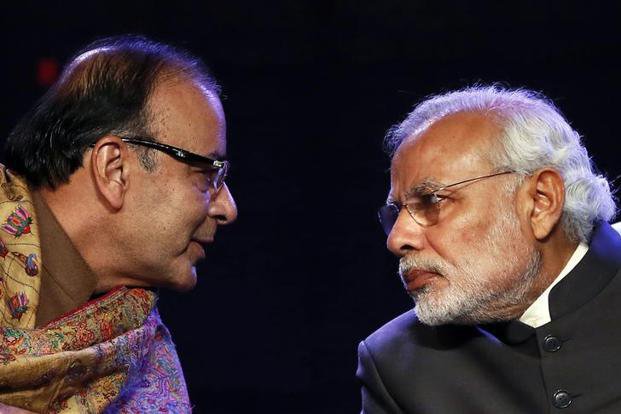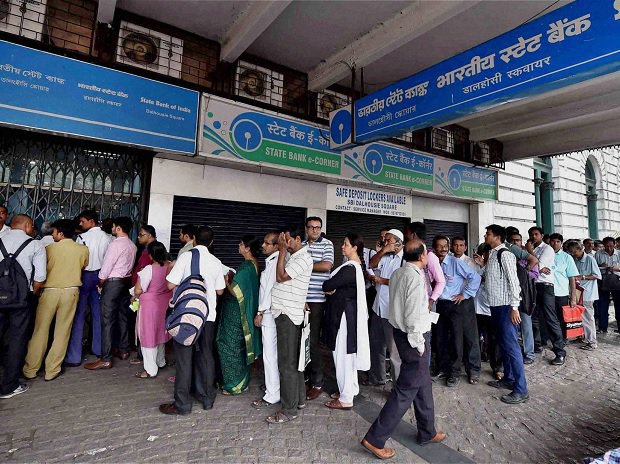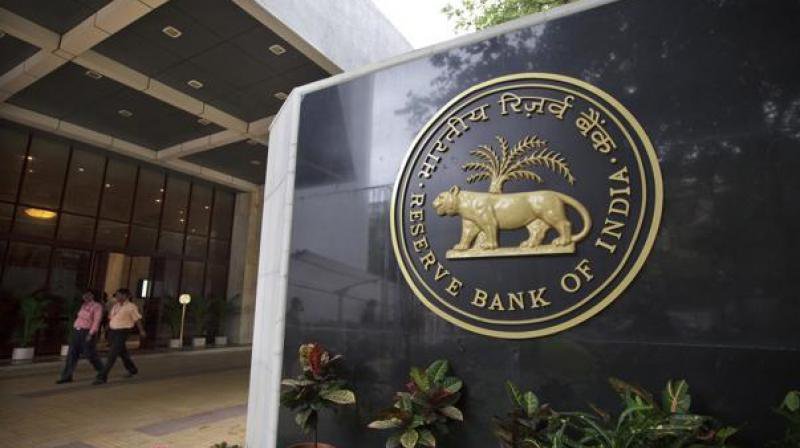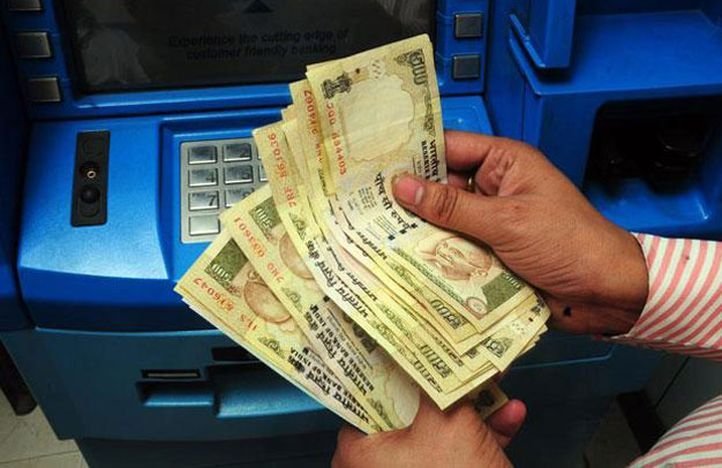Prime Minister Narendra Modi reviewed the supply and availability of currency notes on Sunday in a meeting attended by the Finance Minister Arun Jaitley and other senior ministers along with officials of RBI and Finance Ministry.
It was done to take a stock of the current status of supply of cash and took certain decisions to further activate the dispensing of cash through the networks of Banking Correspondents, Post Offices, ATMs, Banks and E-payment systems.
Here are the key decisions which were taken:

ATM Network
- To expedite the process of recalibration of ATMs, a Task Force is being set up to ensure implementation of this action plan for quick recalibration of the ATMs to enable them to dispense new Rs.500 and Rs.2000 notes.
- Micro ATMs will be deployed to dispense cash against Debit/Credit cards up to the cash limits applicable for ATMs. The handheld Micro ATMs have the facility of mobility and deployment at the required places.
Network and Reach of the Banks
- The withdrawal limit of Rs.20,000 per week has been enhanced to Rs.24,000. The withdrawal limit of Rs.10,000 per day has been removed
- The limit of Rs.4000 for over the counter exchange against old Rs.500 and Rs.1000 notes has been increased to Rs 4,500.
- The cash limit of ATMs which get recalibrated will stand enhanced to Rs.2500 per withdrawal. This will enable dispensing of lower denomination currency notes for about Rs.500 per withdrawal. Other ATMs which are yet to be recalibrated, will continue to dispense Rs.2000 till they are recalibrated.

- Business entities having Current Accounts which are operational for last three months or more will be allowed to draw Rs.50,000 per week. This can be done in a single transaction or multiple transactions. This will enable the small business entities to pay wages to their workers and make sundry payments.
- Adequate cash will be made available with District Central Cooperative Banks (DCCBs) to facilitate withdrawal from existing accounts. The cash withdrawal limits for Banks will apply in case of DCCBs also.
E-Payments
- All Central Government Departments and Public Sector Enterprises are being instructed to use the method of e-payments to the maximum extent possible.
- RBI has advised National Payments Corporation of India (NPCI) to waive its transaction charges on transactions settled through National Financial Switch (NFS) till 31st December, 2016.
- Banks are also being advised to waive similar charges currently levied by them.

Banking Correspondents (BCs) Network
- Banks will increase the cash holding limit of BCs to at least Rs.50,000 each and will also allow higher limits in appropriate cases. It will be done to facilitate wider reach in the rural areas for exchange and withdrawal of cash from Bank Accounts.
- Banks will replenish the cash with BCs multiple times in a day as per requirement of the BCs.
Postal Network
- The supply of cash in 1.3 lakh branch Post Offices in the country has been enhanced.
- A total number of 2.5 lakh points in rural areas will be available to disburse cash and facilitate cash withdrawals from Bank Accounts.

Arrangements for public convenience
- Banks will have three or more queues in every branch which will include separate queues for senior citizens, physically challenged persons and account holders.
- The existing exemptions for acceptance of old Rs 500 and Rs.1000 notes for certain types of transactions are being extended beyond November 14 midnight up to November 24 midnight
- Pensioners are required to submit Annual Life Certificate during the month of November. This time limit has been extended up to January 15, 2017.
Feature image source: PTI

















